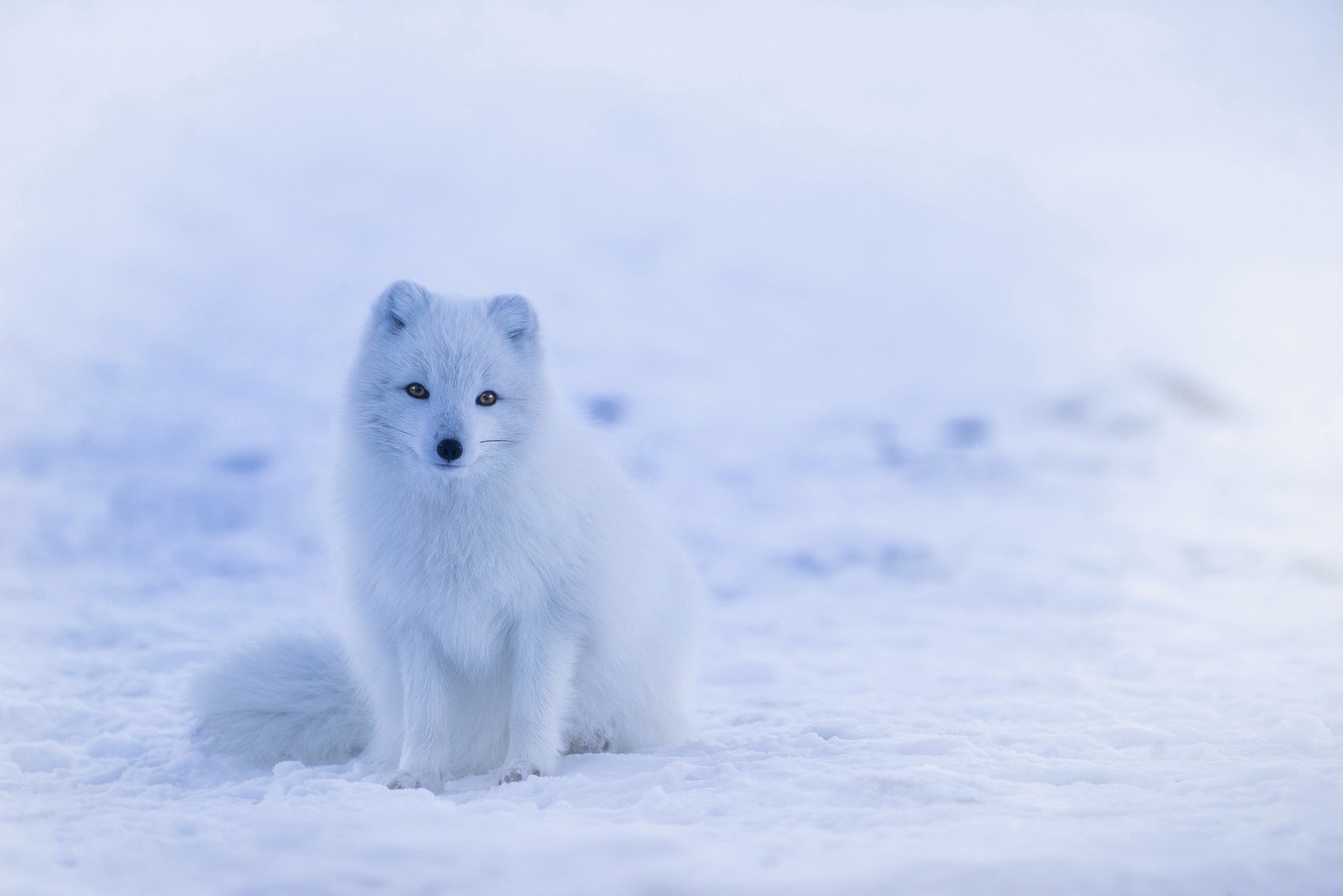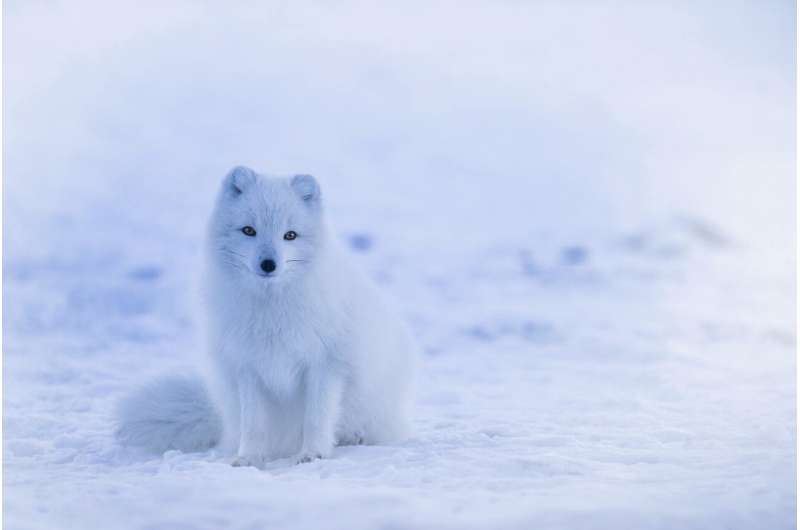

By analyzing historical data generated during and between ice ages, investigators have identified different mechanisms used by cold-adapted Arctic mammalian species to respond to severe climate fluctuations.
As described in a study published in Mammal Review, the team formulated three models to help interpret the responses of different species to such climate cycles. The models bring new understanding of how cold-adapted species are responding to anthropogenic climate warming, which is important for decision-making to enhance biodiversity and habitat conservation.
“Today, Arctic species suffer the most due to global climate warming and without a doubt, people are responsible for this trend. We cannot go back, but hopefully we can still prevent next massive extinction. And the best start is to understand how climate warming influence Arctic taxa,” said corresponding author Joanna Stojak, Ph.D., of the Mammal Research Institute at the Polish Academy of Sciences. “We took a closer look on past and present changes in the genetic diversity of different cold-adapted species and how their ranges were changing along with changing climate. It was very exciting to see that different taxa responded differently, yet still we were able to identify clear and common patterns.”
Caribou and muskoxen buffer climate impacts for rare plants
Extinction and replacement events shaped the historical biogeography of Arctic mammals in Europe: new models of species response, Mammal Review (2022). DOI: 10.1111/mam.12298
Citation:
Study provides insights into how cold-adapted species respond to climate change (2022, June 22)
retrieved 22 June 2022
from https://phys.org/news/2022-06-insights-cold-adapted-species-climate.html
This document is subject to copyright. Apart from any fair dealing for the purpose of private study or research, no
part may be reproduced without the written permission. The content is provided for information purposes only.

